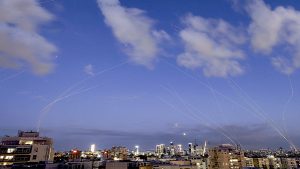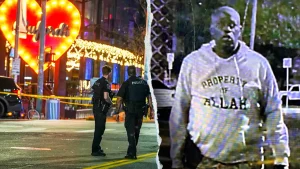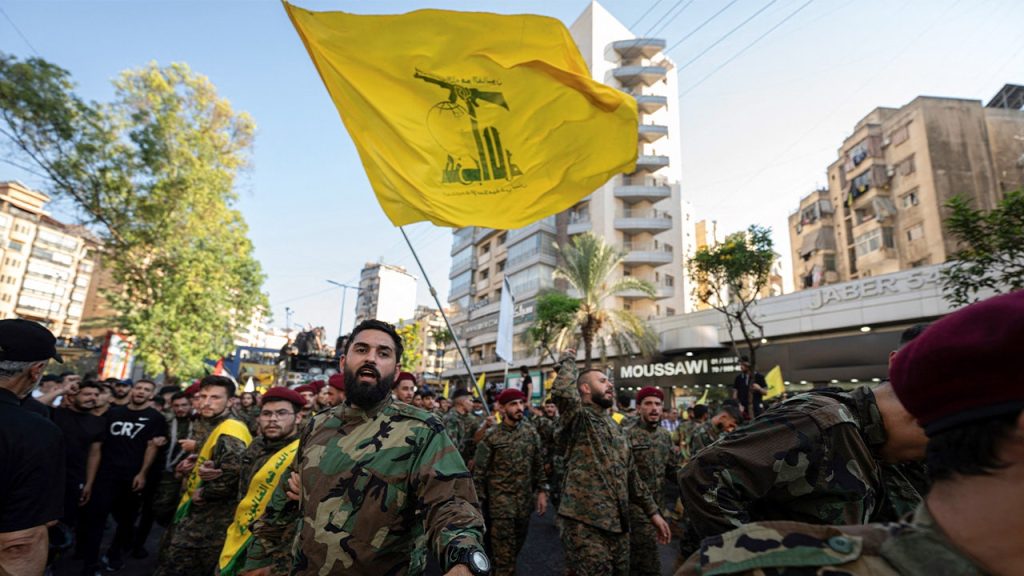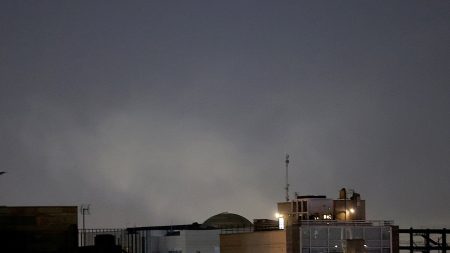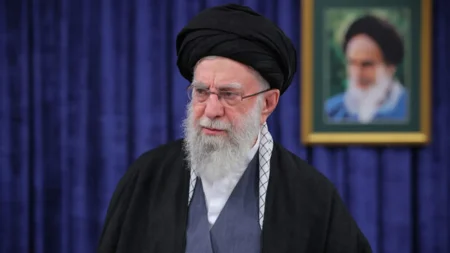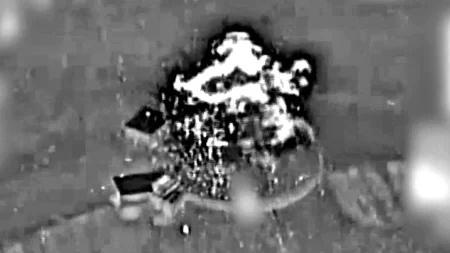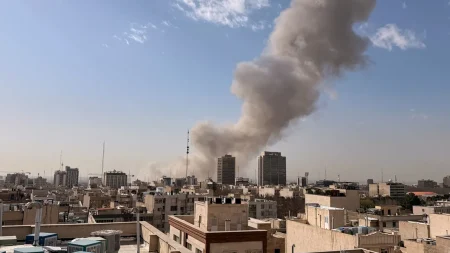On Tuesday, Israel’s Defense Minister Israel Katz issued a stark warning to the Lebanese government, emphasizing that in the event of a ceasefire breakdown with Hezbollah, there would be no differentiation made between the terrorist group and the state of Lebanon itself. Katz asserted that Israel would adopt a policy of “maximum response and zero tolerance” toward any violations of the ceasefire. He stressed the importance of the Lebanese Army taking control of the situation by preventing Hezbollah from operating south of the Litani River, a key provision outlined in a ceasefire agreement. Katz reiterated that if Lebanon fails to comply, Israel would have no choice but to treat Lebanon as a direct participant in any conflict, negating previous distinctions the Israeli military had made in targeting the militant group versus the Lebanese state.
The context of these escalating tensions lies in a series of violent exchanges between Israel and Hezbollah, particularly following a recent ceasefire. Just before Katz’s statements, Israeli airstrikes had resulted in casualties in response to Hezbollah’s mortar attacks on Israeli positions in the contested Golan Heights. The region has been a point of contention since its occupation by Israel in 1967, with both the Trump and Biden administrations affirming Israel’s claims to sovereignty over the area. Such military actions were exacerbated by ongoing accusations from Hezbollah that Israel was violating Lebanese airspace, further complicating the ceasefire’s durability amid international scrutiny.
Despite these provocations, U.S. and French officials, who played essential roles as mediators in the ceasefire negotiations, flagged concerns over Israel’s alleged violations of the agreement, particularly its drone surveillance over Beirut. Nevertheless, John Kirby from the White House National Security Council indicated to reporters that, amid the ongoing conflicts, it was expected for sporadic strikes to continue. He articulated that the larger context of violence had decreased significantly since a critical flare-up in October, reflecting on the unfolding dynamics of the conflict that has persisted for years.
The tensions underscore the precarious nature of the ceasefire established less than a week prior, as both sides appear reluctant to back down from their military positions. This recent pattern of military exchanges highlights the fragile balance between deterrence and escalation, reflecting a situation where both Israel and Hezbollah maintain offensive capabilities while continuing to engage in verbal hostilities and military posturing. The complex interplay of various stakeholders—including local militaries and international powers—serves to illustrate the challenges that lie ahead in securing a lasting peace in the region.
Katz’s remarks, coupled with the violence on the ground, reveal a troubling prospect of potential full-scale conflict emerging from miscalculations or perceived provocations. The Israeli perspective emphasizes a need for Lebanon to take responsibility for Hezbollah’s actions, viewing failure to contain the militant group as a direct threat to its national security. Conversely, Hezbollah’s continued military responses signal its unwillingness to adhere to any perceived infringements by Israel, further entrenching the cycle of retaliatory violence that has characterized this conflict.
Ultimately, with a ceasefire now tested by incidents and accusations from both sides, the coming days and weeks will be critical in determining whether diplomatic efforts can salvage the fragile peace or if the region will revert to widespread military confrontation. The international community remains watchful, seeking to promote stability in a situation that remains highly volatile and complex, heavily influenced by historic grievances and contemporary political calculations.
